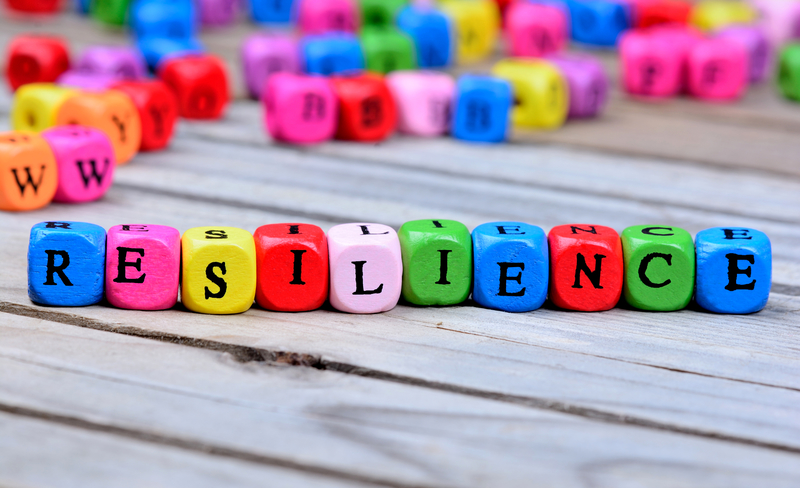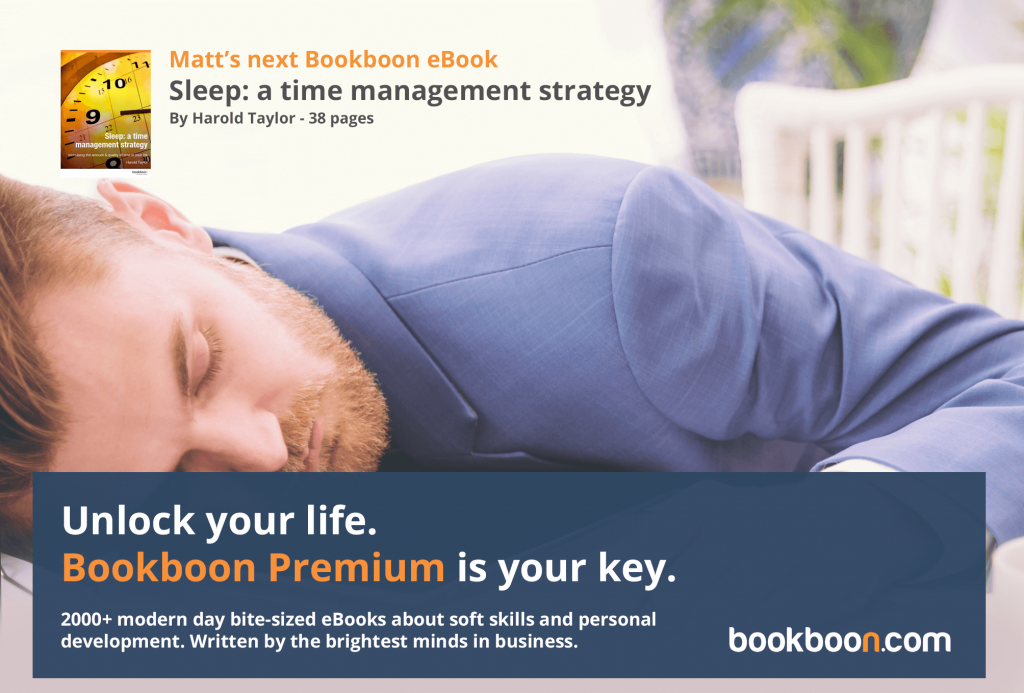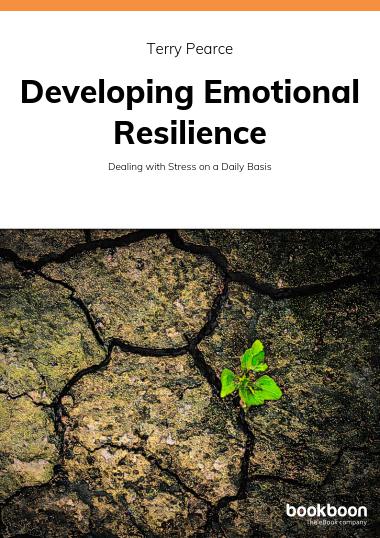What is Emotional Resilience and How Does it Work?

Resilience as an idea is simple: it’s anything that helps us deal with life’s challenges, large or small, and win through. But developing your resilience is the work of a lifetime. Different techniques work for different people. Looking at what works for large numbers of people, and considering whether it might work for us is very worthwhile, and studies show we can improve resilience this way.
This blog was written by Bookboon author, Terry Pearce.
When we look at the behaviour patterns, attitudes and techniques that many people use successfully to cope with life’s stresses, five key themes emerge:
- Expectations (whether we expect the worst or the best)
- Compass (how we make moral choices)
- Responses (how we control our animal response to threat)
- Habits (our routines like diet and exercise)
- Relations (our network of people who support us)
Let’s take a slightly more in-depth look at a couple of these.
Expectations
The more we expect glasses to be half-empty, the more half-empty glasses we’ll see. But optimistic expectations have been shown to help people reframe challenges, prioritise solutions-finding over helplessness, and find meaning. This isn’t a call for rose-tinted glasses: blind optimism can also be damaging. But we should take an honest look at when negative expectations cause us problems.
Expectations affect what we focus on and how we explain it. So, negative expectations often lead us to notice the bad things around us and discount the good. Our cognitive biases then assure us that what we noticed is representative of everything we didn’t. They can also make us frame negative events as more our fault than they were, or more likely to reoccur. As an everyday outlook, this builds up, and makes it hard to stay resilient.
Changing this isn’t as simple as naming it. Cognitive habits are notoriously difficult to unpick. But a great first step is remembering that what we notice, and how we interpret it, is not the world around us. It’s just one view of it, and there are others, some of which may be more helpful.

Compass
Case studies show that people of faith can show incredible resilience. But so can atheists and agnostics of strong ethical beliefs. The linking factor is living by a strong belief system or moral code. You can take more knocks if you believe they’re in the service of a greater good.
For resilience purposes, it doesn’t matter which cause. You just need to really believe in it. It could be a major religion followed by millions, or your own personal set of values. The important thing is taking the time to think about what your moral compass is and why it’s important.
Of course, you then need to live by it, too. Talking to others about it, being honest when you struggle with it, and making it part of your everyday decision-making are key to making it matter. We’ve all seen companies with ‘our values’ posters up everywhere, which achieve nothing if they have no impact on decisions.



